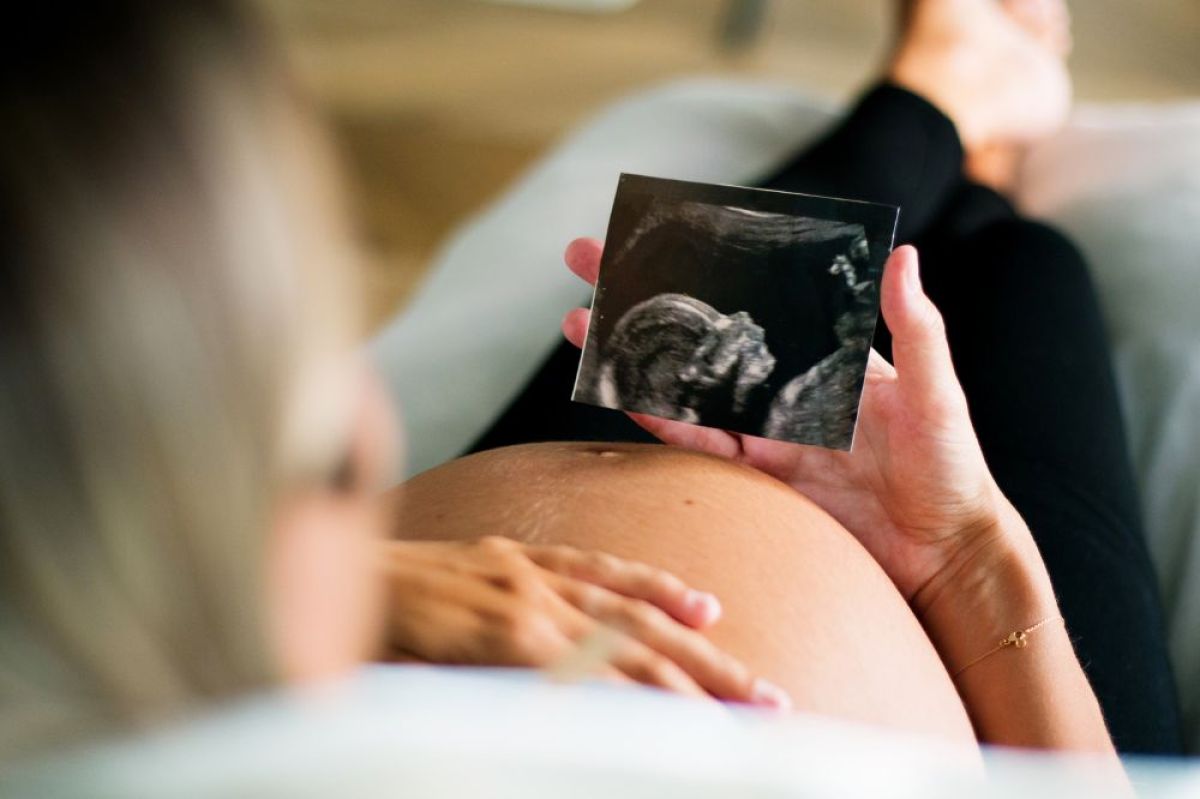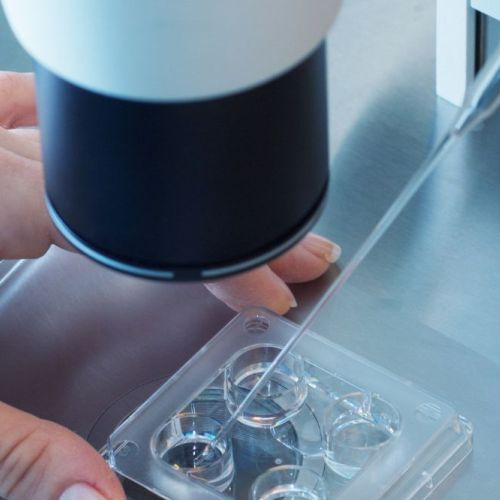What Are the Chances of Tubal Reversal Being Successful After 15 Years?

Getting your tubes tied is intended to be a permanent form of sterilization, but if you’ve decided you want to get pregnant even though you didn’t expect to feel this way, you’re not alone. Tubal reversal is a surgical procedure that’s done to reconnect the fallopian tubes, which were previously cut or tied to prevent pregnancy.
People who choose to go through tubal reversal have a lot of questions, mostly involving the likelihood of conceiving a child after tubal reversal. Questions we hear at the Center for Reproductive Health include things like “How soon can I get pregnant after reversing a tubal ligation?” Women who don’t get pregnant right away after tubal reversal may ask things like “What are the chances of tubal reversal being successful after 15 years?”
Am I a Candidate for a Tubal Ligation Reversal?
There are a lot of different factors that affect whether you’re able to have a baby after a tubal ligation is reversed, and many of these factors are discussed with your doctor before the procedure is scheduled. Age is one of the most important factors that affects your chances of having a baby after tubal reversal. Your chance of successfully conceiving is also affected by your overall health, the health of your partner’s sperm and whether you’ve had any conditions such as endometriosis that have causes scar tissue.
The type of tubal ligation you had done is also considered. For a reversal, there must be sufficient tubing left for your doctor to be able to successfully reattach the tubes.
Chances of Success
Roughly 50 to 80 percent of women under the age of 40 are able to successfully get pregnant within a year or two. The chance of conceiving declines as a woman gets older.
Even though many women get pregnant within a year, many others don’t. If six months passes and you still haven’t gotten pregnant, your doctor may recommend an HSG procedure, also called a dye test, which is done to evaluate the condition of the tubes to make sure they’re still open. If there’s nothing wrong with the tubes, your fertility team can provide information on other things that might help such as timed intercourse and ovarian stimulation.
There’s no guarantee of pregnancy after having a tubal reversal. At the same time, if you don’t get pregnant within the first couple of years, that doesn’t mean that attaining pregnancy is impossible. If it’s been 15 years since your tubal reversal, there’s a good chance that your age is affecting your egg production or the health of your eggs, which reduces your chances of your tubal reversal being successful.
Other Options for Getting Pregnant
The team at the Center for Reproductive Health have the knowledge and compassion needed to guide you through understanding all your options for attaining pregnancy. If tubal reversal isn’t right for you, or if it’s not successful after some time has passed, you may want to consider other fertility treatment options such as in vitro fertilization (IVF). To find out more, schedule a consultation today.



